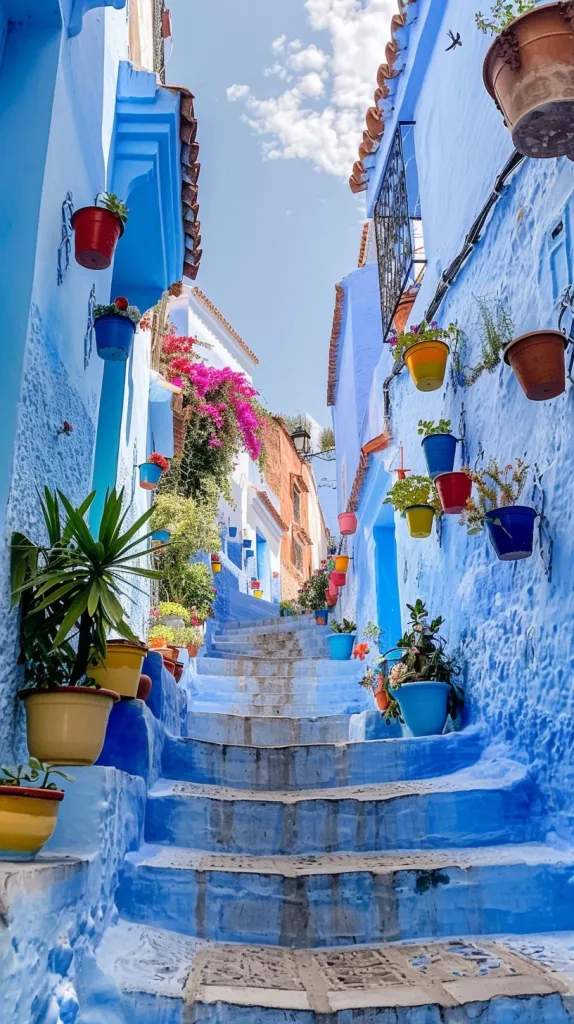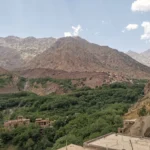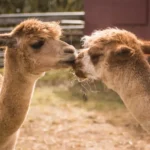Morocco is a fascinating country located in North Africa, known for its rich history, diverse landscapes, and vibrant culture. Here’s an introduction to Morocco, covering key aspects of the country:
1. Geography and Climate
- Location: Morocco is situated in North Africa, bordered by the Atlantic Ocean to the west, the Mediterranean Sea to the north, Algeria to the east, and Western Sahara to the south.
- Landscapes: The country features a diverse range of landscapes, including the Sahara Desert, the Atlas Mountains, and the Mediterranean and Atlantic coastlines.
- Climate: Morocco has varied climate zones. Coastal areas have a Mediterranean climate, with mild, wet winters and hot, dry summers. The interior regions, including the desert, experience extreme temperatures, with very hot summers and cooler winters.
2. Cultural Heritage
- History: Morocco boasts a rich historical tapestry influenced by Berber, Arab, and French cultures. It has been a crossroads of various civilizations for centuries.
- Major Cities:
- Rabat: The capital city known for its historic landmarks and modern government buildings.
- Casablanca: A major port city and economic hub with a mix of modern and traditional architecture.
- Marrakech: Famous for its vibrant souks, historic palaces, and bustling medina.
- Fes: Renowned for its ancient medina, traditional craftsmanship, and as a center of Islamic learning.
- Tangier: Located in the north, known for its rich history and as a gateway between Europe and Africa.
3. Culture and Traditions
- Language: Arabic is the official language, with Amazigh (Berber) also widely spoken. French is commonly used in business and government.
- Religion: Islam is the predominant religion, and the majority of Moroccans are Muslim. The country is known for its beautiful mosques and religious festivals.
- Cuisine: Moroccan cuisine is renowned for its rich flavors and spices. Dishes like couscous, tagine (stew), pastilla (savory pie), and Moroccan mint tea are staples.
4. Tourist Attractions
- Historic Sites: Explore ancient medinas (old city centers) such as those in Marrakech, Fes, and Chefchaouen, as well as Roman ruins like Volubilis.
- Natural Wonders: The Sahara Desert offers experiences like camel treks and sand dunes, while the Atlas Mountains provide opportunities for hiking and exploring traditional Berber villages.
- Beaches: Morocco’s coastline offers beautiful beaches, including those in Agadir, Essaouira, and Tangier.
5. Festivals and Events
- Cultural Festivals: Morocco hosts numerous festivals throughout the year, including the Marrakech International Film Festival, Fes Festival of World Sacred Music, and various local celebrations like the Rose Festival in Kalaat M’gouna.
- Religious Celebrations: Key religious festivals include Eid al-Fitr, Eid al-Adha, and Ramadan, which are marked by communal prayers, feasts, and various cultural practices.
6. Shopping and Souks
- Markets: Moroccan souks (markets) are vibrant and bustling, offering a range of goods including spices, textiles, ceramics, and jewelry. The markets in Marrakech, Fes, and Chefchaouen are particularly famous.
- Craftsmanship: Morocco is known for its artisanal crafts, including intricate carpets, leather goods, and traditional pottery.
7. Transportation
- Getting Around: Morocco has a well-developed transportation network. Trains and buses connect major cities, while taxis and car rentals are common for local travel. In cities, walking and using local taxis (petit taxis) are popular.
8. Travel Tips
- Currency: The local currency is the Moroccan Dirham (MAD). Credit cards are widely accepted in urban areas, but carrying cash is useful in smaller towns.
- Safety: Morocco is generally safe for tourists, but it’s advisable to be aware of your surroundings and follow local customs.
- Health: Drink bottled water to avoid stomach issues and be mindful of food hygiene.
9. Cultural Etiquette
- Respect: Dress modestly, particularly when visiting religious sites. It’s polite to greet people with “Salam Alaikum” (peace be upon you).
- Bargaining: Haggling is a common practice in souks and markets, so don’t hesitate to negotiate prices.
Morocco offers a unique blend of history, culture, and natural beauty, making it a captivating destination for travelers seeking adventure, relaxation, or cultural enrichment.



